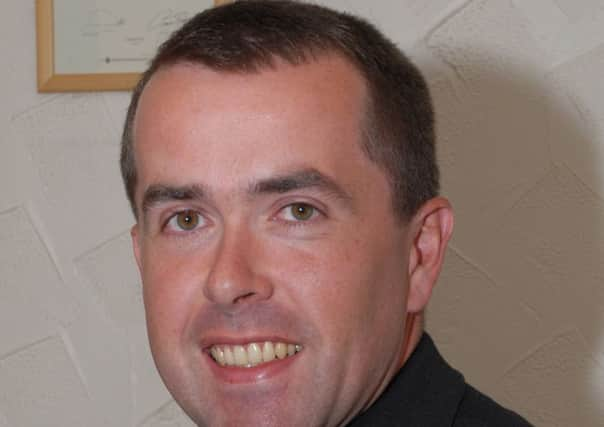Analyse carefully before buying individual shares


If you are brave (or foolish) enough to choose individual shares yourself, instead of relying on professional fund managers, then it is important to do careful research.
As well as the price earnings ratio which I highlighted last week, investors can look at the price/book ratio. This measures the price of the company compared to the book value of the assets should the company be broken up. This can give some comfort to investors where the profit may be low but the underlying assets of the company are valuable.
Advertisement
Hide AdAdvertisement
Hide AdSecondly, the current ratio of a company is important to consider. Many profitable companies fail because of poor cash-flow, and the current ratio measures the company’s ability to meet its short term debts. A ratio of less than 1 would indicate that the company couldn’t pay its debts if they immediately became due. A third common ratio that is often quoted is the dividend yield of the company.
This measures the income that is paid out to investors in the form of dividends, in relation to the price of the shares. The average dividend yield of the FTSE 100 index is 3.1 per cent. This means that investors have received dividends of £3.10 each year for every £100 invested.
The problem with relying on this ratio alone, is that companies may have paid out dividends in the past that they could barely afford. It is for this reason that the dividend cover ratio is used alongside dividend yield. Dividend cover measures how much of the profit is left over after the dividend has been paid and the higher the number, the more sustainable the dividends in the future.
If all of this sounds too complicated and bewildering, the good news is that there are some excellent fund management groups out there that do all this research and number crunching for you and there are over 8,000 different funds out there to choose from. The manager picks usually somewhere between 60 – 150 companies to invest in, so that the investors money is well spread and the risk of loss is reduced. A good independent adviser will be able to put together a portfolio of the best fund managers on a low cost electronic platform and for those who don’t want to do all the analysis themselves this can often prove to be the best option.
Advertisement
Hide AdAdvertisement
Hide AdDavid Hill is a Chartered Financial Planner and Independent Investment Adviser at Hills Financial Planning, 15 Agnew Street, Larne. He can be contacted on 028 28276814, email [email protected] or see www.hillsfinancialplanning.co.uk